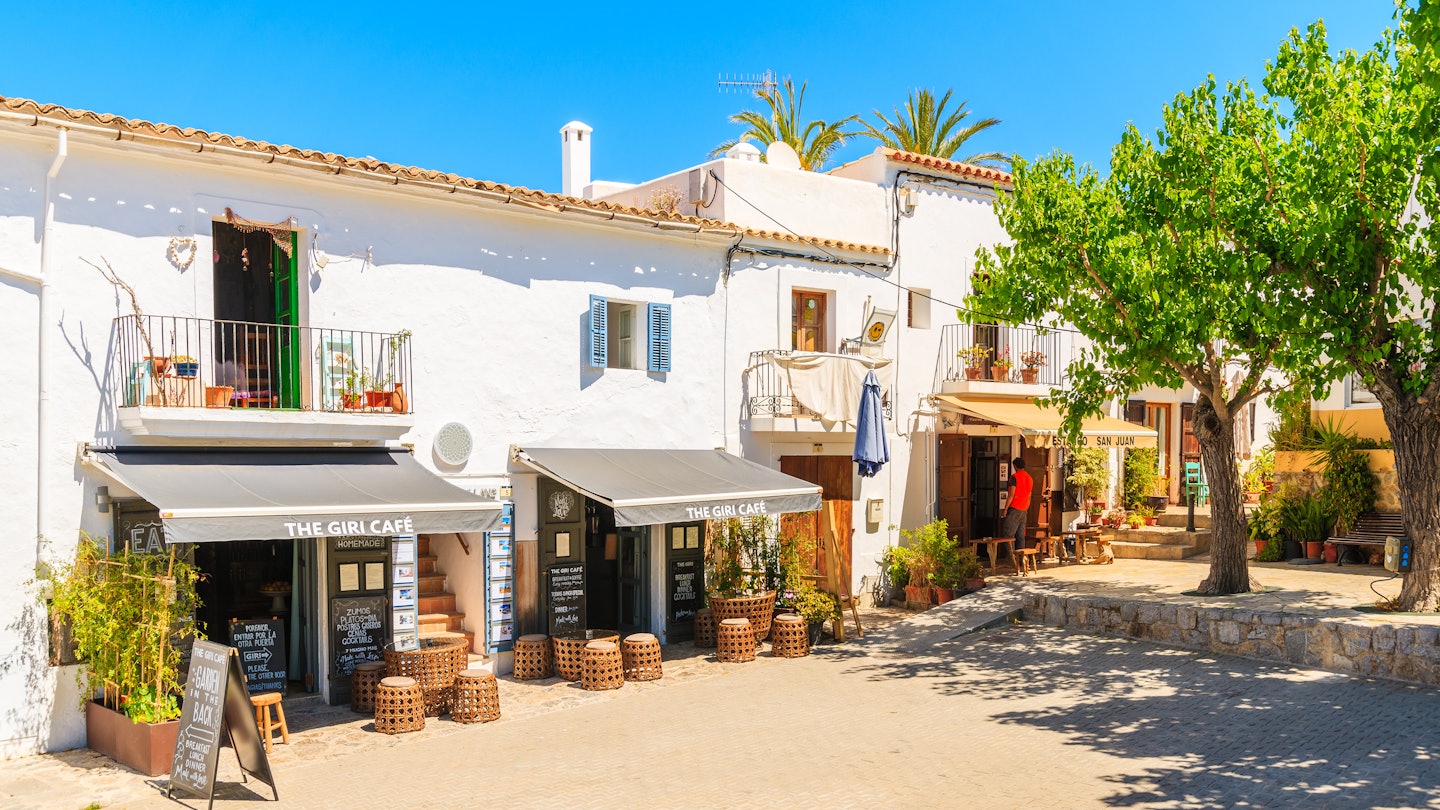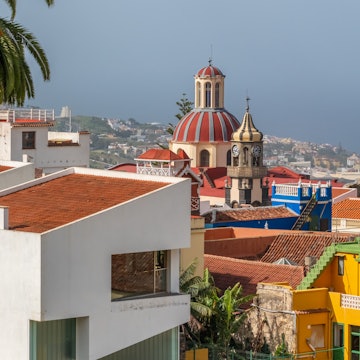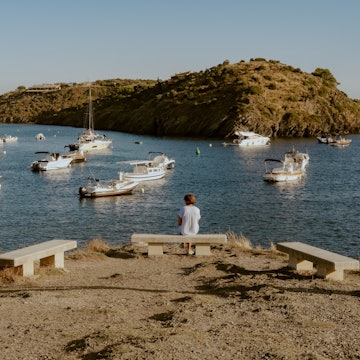
Ibiza embraces its softer side this summer without superclubs and dance parties

Jun 30, 2020 • 2 min read

A more relaxed summer is on the cards for Ibiza in 2020 ©Pawel Kazmierczak/Shutterstock
Nowhere does hedonistic summers quite like Ibiza but this year the Spanish island has been forced to embrace a new style of tourism as the coronavirus pandemic puts the kibosh on superclubs and dance parties.
It's a common misconception that Ibiza is only about parties and excess. While it's true that it's home to some of the world's best clubs and hosts the biggest and brightest parties of the year, that's just one side to what's on offer. Locals and visitors would also describe it as a place overflowing with natural beauty, top-notch cuisine, spiritual retreats, bohemian markets, an incredible art scene and an overall attitude of acceptance and inclusivity. That's the side that tourism officials are keen to tap into this year as the Balearic government announced that Ibiza's biggest clubs and mid-sized venues will likely remain closed for 2020.

In response to the news, a group known as The Night League, made up of Ibiza superclubs including Hi Ibiza and Ushuaia, said the situation is the "hardest challenge we have faced" but added that they were "determined to work towards delivering our biggest season ever in 2021." Festivities are still taking place across the island, however, as Destino and Ibiza Rocks announced their opening parties in July, with San Antonio's Pikes and O Beach planning to welcome guests again in the coming weeks.
Under new guidelines, only venues where the capacity does not exceed 300 are permitted to open and must do so at one-third capacity, according to the Telegraph. Guests must be seated inside, and to ensure there will be no gathering on dance floors, tables and chairs will be placed there to keep people away. A spokesperson for Ibiza's tourism board confirmed to Lonely Planet that beach clubs will remain open for open-air gatherings and the island's festival calendar will be extended until November this year.
Wellness on the White Isle: Ibiza's best spa breaks and bootcamps

Similarly, new guidelines have been issued for beachgoers across all of the Balearic islands. Each person visiting a public beach on Ibiza, Formentera, Menorca or Mallorca should have a space of four sq meters to themselves, and the distance between groups (maximum of 25 people) must be one-and-a-half meters. Entry limits will be imposed on beaches that get too crowded.
Bars and restaurants are reopening with increased health and safety standards and at 75% capacity. Guests are permitted to eat inside but self-service is not allowed. Retail outlets are opening at 50% capacity and communal spaces in hotels, including pools and lounges, are capped at 60 across the Balearic islands.

Spain opened its borders to countries within the Schengen Zone on 21 June and will welcome tourists from other EU countries and the UK from July 1.
You might also like:
Mallorca's great escapes: where to go to escape the crowds
Can tapas survive the COVID-19 pandemic?
Take your Spain trip with Lonely Planet Journeys
Time to book that trip to Spain
Lonely Planet Journeys takes you there with fully customizable trips to top destinations – all crafted by our local experts.
























